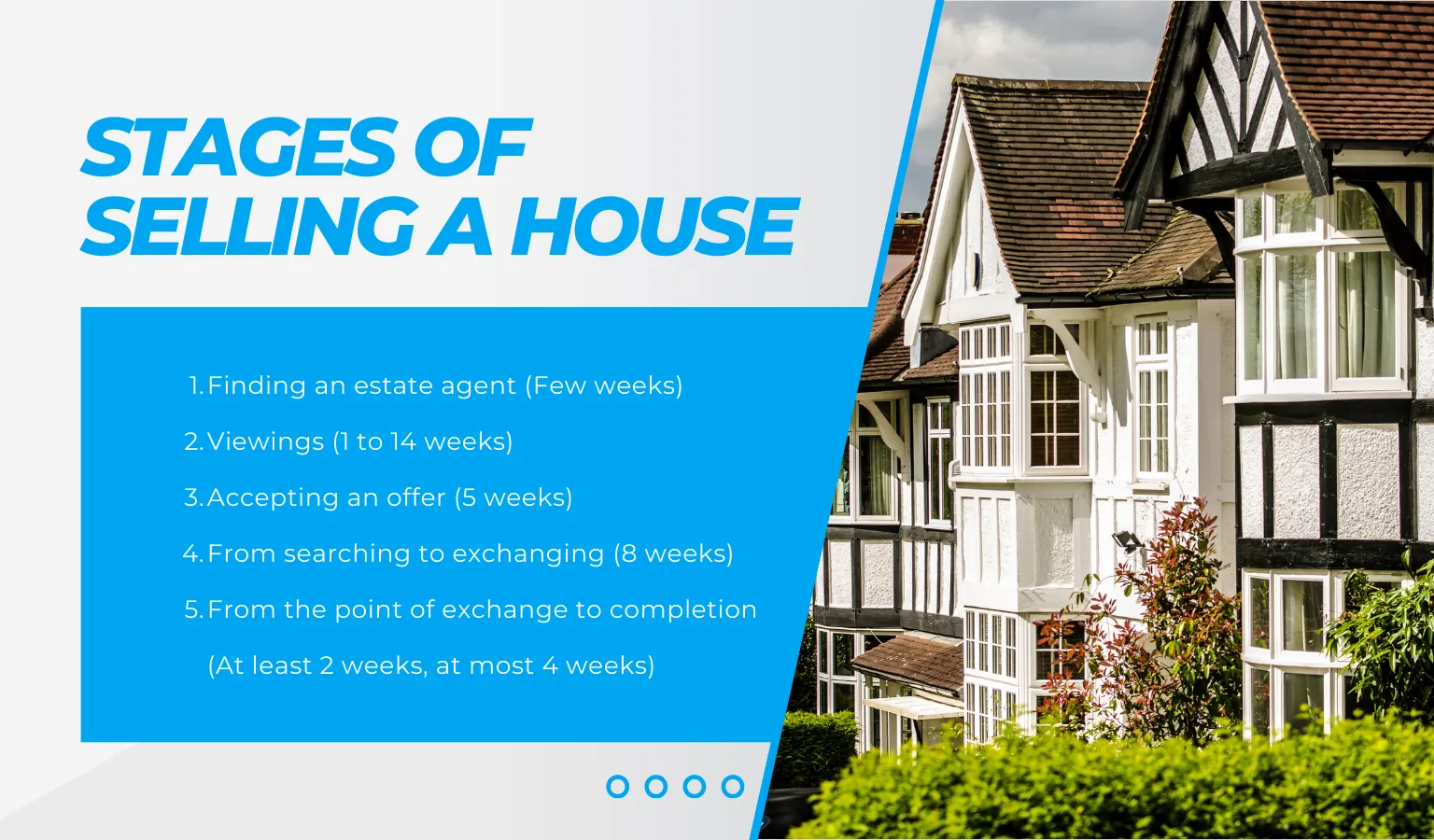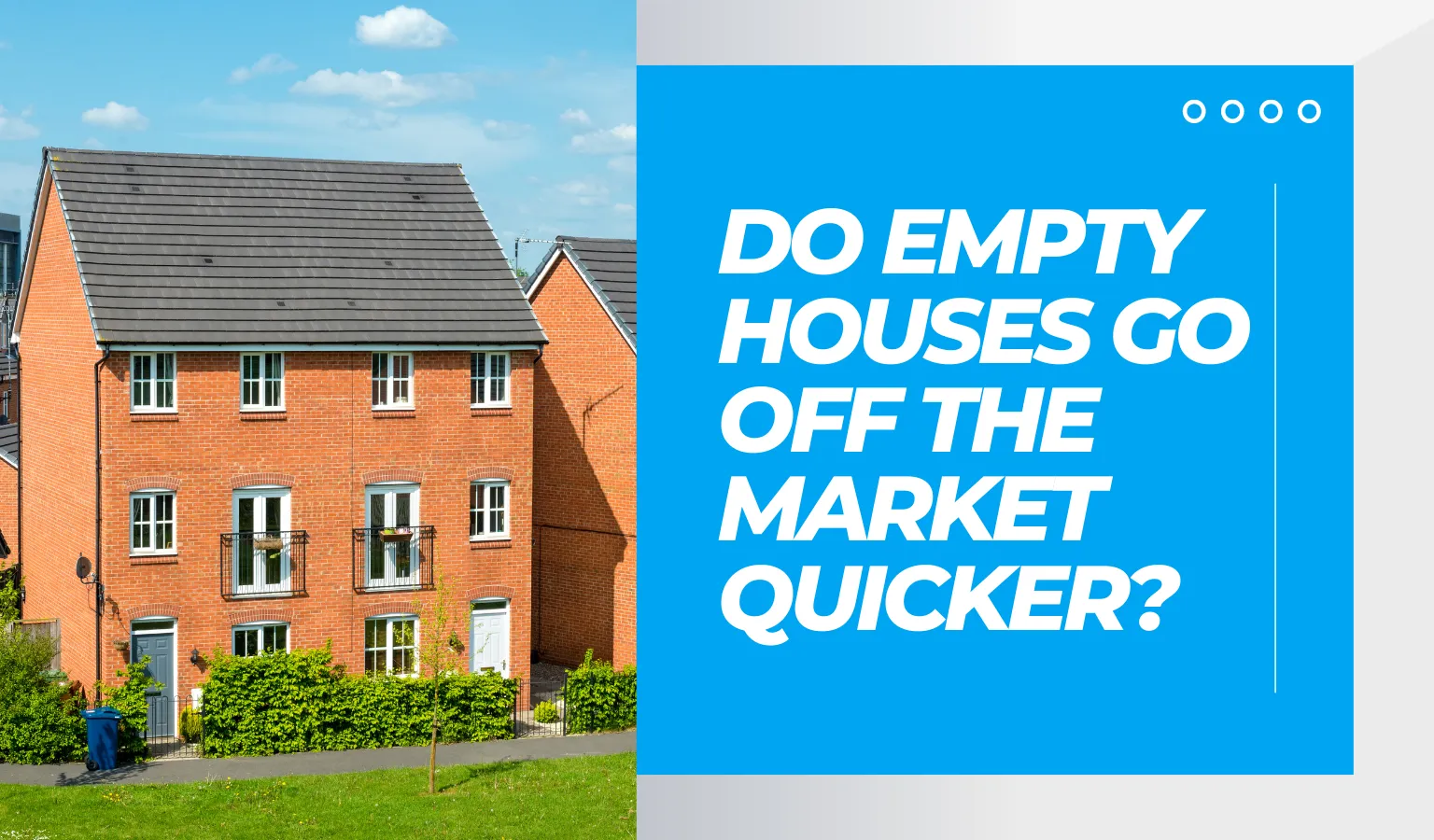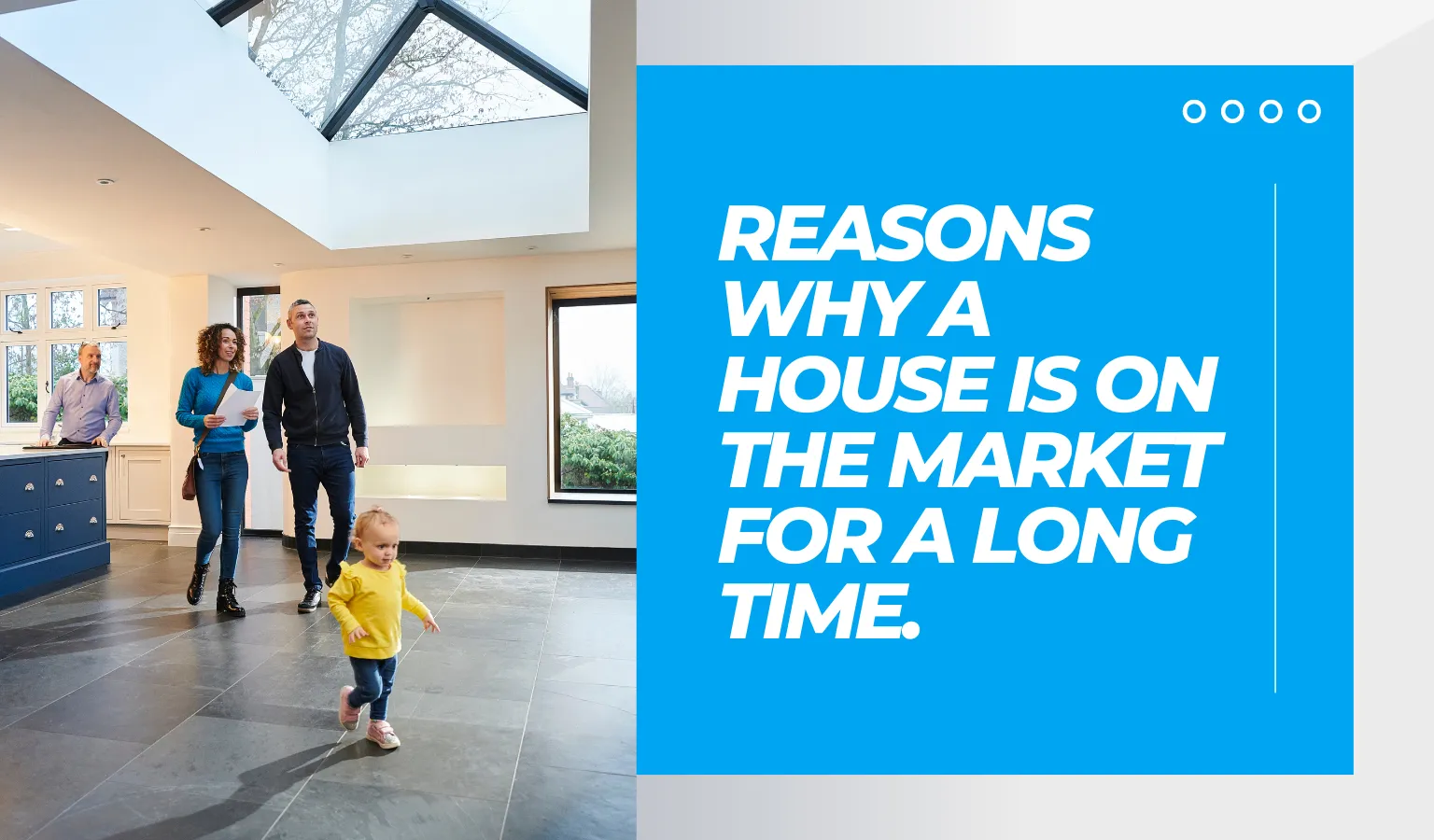When it comes to selling a home, there exist two priorities of cost and pace for most people.
In a perfect universe, every single house would sell for a high price and quickly. Reality is not so kind.
So, how long do most houses stay on the market UK? What is the estimated time for selling a home? Is there any way to influence the duration, while not receiving a low price for it?
Do not stress, as all your queries have answers right here.
Average time it takes to sell a home
The average time to sell a house will change based on the market, the property type, and the location. The Advisory reports that the typical time to sell a home in all market situations is 129 days.
While it currently takes 129 days on average to sell a house, this could soon increase. The expiration of the Stamp Duty holiday will increase the cost of purchasing a home once more. Additionally, the housing market saw a “mini boom” in July 2020, when the Stamp Duty holiday was first established.
“Mini boom,” means that the implementation of the Stamp Duty holiday made it possible for everyone who was thinking about moving to move because it was now more inexpensive to buy a home. Since everyone who might have wished to relocate has already done so, there is less demand for homes, which causes the typical time it takes to sell a home to increase.

Stages of selling a house
The length of time it takes to sell a house will vary based on your circumstances and manner of sale, but on average, if you’re selling on the open market, it can take anywhere from 16 to 34 weeks.
Let’s break down each stage of the timeline to answer how long do most houses stay on the market UK.
Finding an estate agent (Few weeks)
Finding an estate agent who will showcase your property in the best possible way and get it sold quickly, or at least in accordance with the typical time it takes to sell a house, is the first step in the process.
Many customers already have an estate agency in mind, but we always advise to get multiple estimates from estate agents. It’s time to sign the estate agency contract, get all your images, floor plans, and an EPC completed after you’ve spoken to many agents and chosen your favourite.
Viewings (1 to 14 weeks)
It’s time to schedule viewings for interested parties now that you’ve established your estate agent. We are unable to provide a firm deadline by which your home will sell as the time and number of viewings required to sell your home will vary. The average time to get an offer on a house UK will be dependent upon the market conditions.
According to the Advisory, selling your property might take up to 14 weeks, but in a hot market, it might sell in only a few days. Although, it can require even more time than 14 weeks in a cold market.
Accepting an offer (5 weeks)
It follows that you eventually accepted a fantastic offer from someone! Congratulations on the sale of your home! The procedure doesn’t, however, finish there.
The procedure of conveyancing will start as soon as you accept the offer. You will be most anxiously awaiting the buyer’s solicitor to schedule searches on your property, which is the primary step in the process.
If your buyer and their attorney are satisfied with the results, you can move towards exchange once the searches are finished.
From searching to exchanging (8 weeks)
The question arises: how long does it take to sell a house once offer accepted UK. It may take up to 8 weeks after the searches have been requested for everything to be organised, ready for exchange, and for the searches to be done.
A buyer dropping out of the arrangement would leave you without a buyer and force you to return to the open market. By getting to exchange of contracts as quickly as you can, you may prevent this situation and ensure that the deal is legally binding.
From the point of exchange to completion (At least 2 weeks, at most 4 weeks)
The only practical action you need to take after exchanging is to gather your belongings and prepare for completion, often known as your move-out date.
Though we’ve given ourselves a 4-week window, we realise that it might be much shorter. How long you wait between the exchange and completion is entirely up to you and your customer; some people even like to do it all in one day.
When your closing date comes, you will receive the proceeds from the sale of your home placed into your bank account (fewer estate agent costs, conveyancing fees, etc.), and you may hand in your keys and depart. And that sums up how long do most houses stay on the Market UK.

Do empty houses go off the market quicker?
The answer to this excellent question will be necessary if you want to sell your home more quickly than the industry standard!
While you would believe that selling a property empty will assist a potential buyer picture themselves in your home because there are no of your possessions therefore no personalisation from you, an empty house is also one that will struggle to disguise any problems.
A vacant home can very quickly become neglected, start to feel chilly, and get unloved, making it appear less appealing to reside in.
A furnished home gives potential buyer’s inspiration for what they might do with it, which is excellent for enticing them to make an offer. Having said that, an empty house presents viewers with a blank canvas, allowing them to see every inch of the available space.
The target market for your property will ultimately determine whether your home sells more quickly when vacant. Knowing your target market can help you understand their buying behaviour and help you determine if they are seeking for a “project,” which would make an empty house more tempting, or a “finished product,” which would make a furnished house more appealing.

Reasons why a house is on the market for a long time.
You’re baffled as to why would a house be on the market for a long time. Why is it taking longer to sell than the typical time for a house. Do not worry, because we are here to help:
We’ve compiled a list of every potential reason why your house isn’t selling to assist you in determining how this may be affecting your sale.
Bad condition: A home in poor condition appears neglected and will not leave a favourable impression on potential buyers. Even if you priced your home to reflect the fact that it needs a new kitchen or bathrooms, many buyers still don’t want to deal with the stress of this work, making your home less appealing and lengthening the time it takes to sell compared to the national average.
Poor market state: Homes may appear to sell quickly in a booming market. However, when the market is weak, it takes far longer on average for a house to sell because there aren’t many buyers available. Although the market conditions cannot be changed, a competent estate agent should be able to help you close the deal; it might just take a bit longer than you’d like.
High prices: To convince you to sell your home with them, an estate agent will frequently overvalue it. This will indicate that your home’s asking price is simply too expensive, which will result in little attention from prospective buyers. Your house will probably take longer to sell than the typical period to sell a house because the price is simply too high.
Terrible estate agent: You’re familiar with the people who over-promise and under-deliver. That’s the definition of a “terrible estate agent”. There is nothing worse than a real estate agent that makes a quick promise to sell your home, only to have you wait months for a successful viewing. After applying pressure, your estate agent suggests that perhaps the asking price is too high, leading you to lower it even if it was originally their recommendation.
Not well marketed: Most people start their home search by browsing the internet. This emphasises how crucial it is to have quality images and be listed in several property portals. If your estate agent didn’t promote your home well, it’s highly possible that it may take longer to sell than the typical time. This is something you should work to fix as soon as possible!
Not the right time: This sort of ties into the current state of the market, but there are seasons that will be more difficult for selling your home. For instance, if you try to sell your house around the summer or Christmas holidays, you might discover that no one is interested because everyone would be in the holiday spirit.
Unusual or unique property: Your home may not be selling if it doesn’t have a typical appearance and could be classified as unusual. Due to your property’s unique characteristics, it will be more difficult to locate a buyer who is searching for a specific sort of property, which means it will probably take longer to sell than the typical period to sell a house.
Conclusion
The average time to sell a house is frequently overestimated by many people, and much may be undervaluing their property as well. It takes an average of seven weeks, although more than half of homeowners believe it will take longer.
Even homeowners who are certain of their home’s value typically base their estimation on the prices at which nearby comparable houses have previously sold.





